The Tracy lab focuses on the KIBRA protein.
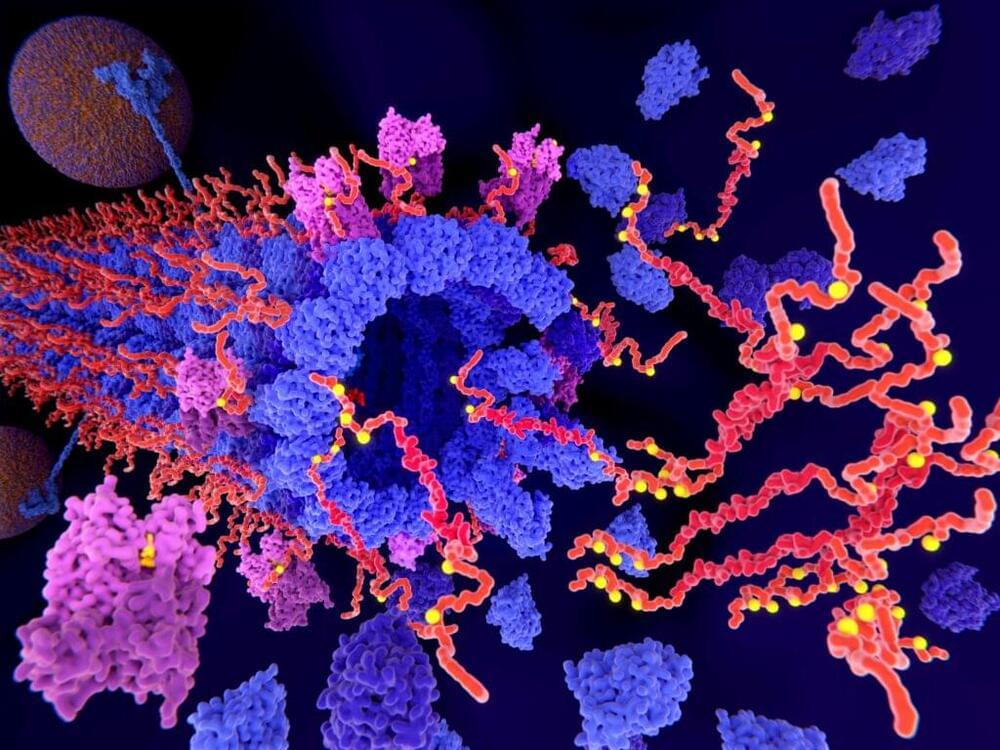

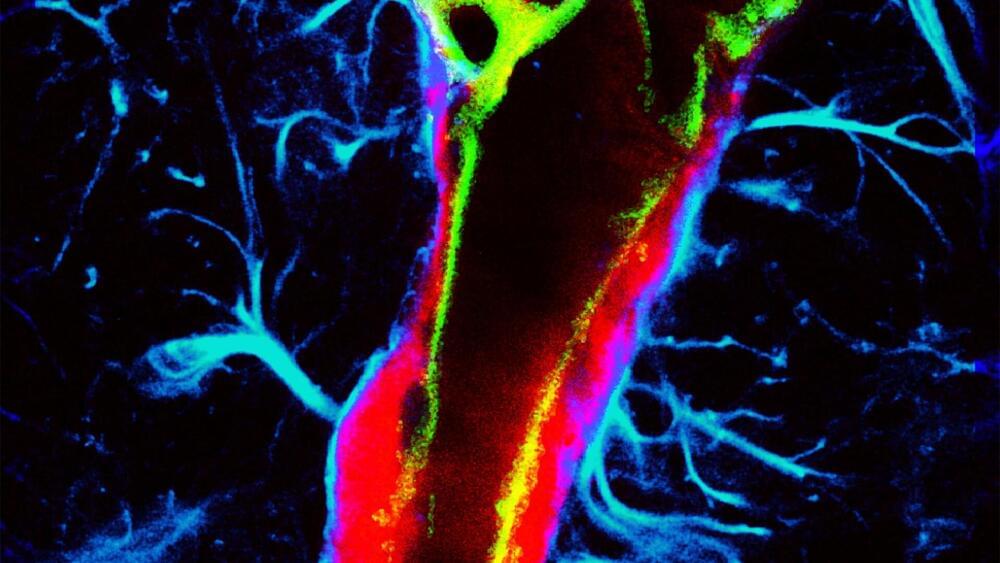
Like the lymphatic system in the body, the glymphatic system in the brain clears metabolic waste and distributes nutrients and other important compounds. Impairments in this system may contribute to brain diseases, such as neurodegenerative diseases and stroke.
A team of researchers in the McKelvey School of Engineering at Washington University in St. Louis has found a non-invasive and non-pharmaceutical method to influence glymphatic transport using focused ultrasound, opening the opportunity to use the method to further study brain diseases and brain function. Results of the work are published in the Proceedings of the National Academy of Sciences on May 15.
Hong Chen, associate professor of biomedical engineering in McKelvey Engineering and of neurological surgery in the School of Medicine, and her team, including Dezhuang (Summer) Ye, a postdoctoral research associate, and Si (Stacie) Chen, a former postdoctoral research associate, found the first direct evidence that focused ultrasound, combined with circulating microbubbles—a technique they call FUSMB—could mechanically enhance glymphatic transport in the mouse brain.
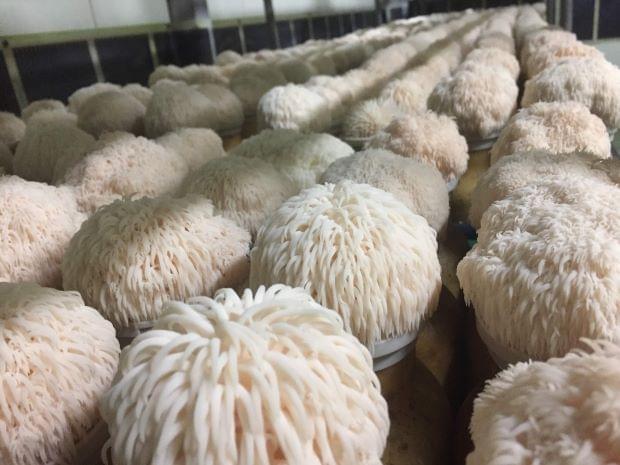
Lions mane the mushroom can actually stop alzheimers and dementia by boosting nerve growth 😗😁
Researchers from The University of Queensland have discovered the active compound from an edible mushroom that boosts nerve growth and enhances memory.
Professor Frederic Meunier from the Queensland Brain Institute said the team had identified new active compounds from the mushroom, Hericium erinaceus.
“Extracts from these so-called ‘lion’s mane’ mushrooms have been used in traditional medicine in Asian countries for centuries, but we wanted to scientifically determine their potential effect on brain cells,” Professor Meunier said.
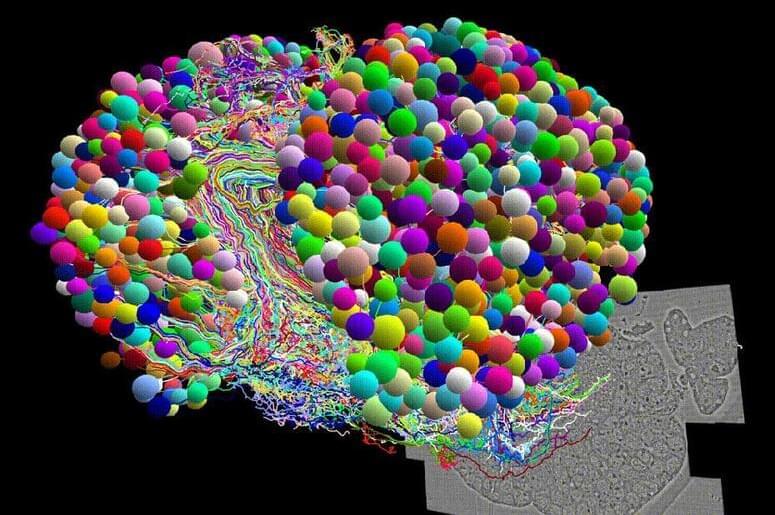
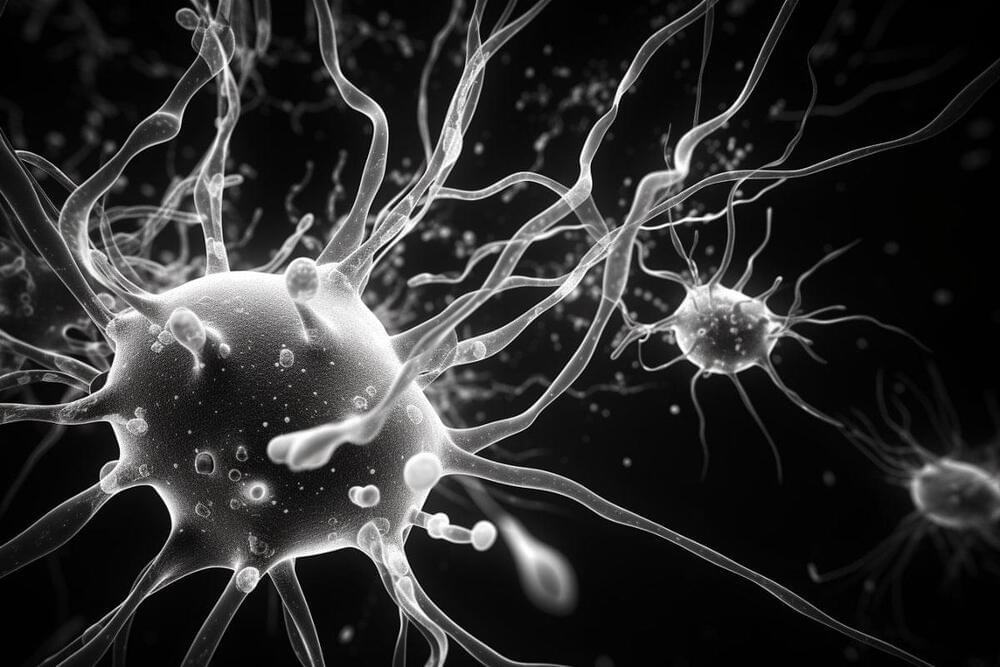
Summary: A new study discovered not all microglia are the same, challenging existing beliefs. A unique subset of these cells, the ARG1+microglia, important for proper cognitive functions, were identified in mice, with evidence suggesting a similar subset exists in humans.
Microglia lacking the protein ARG1 led to less exploratory behavior in mice, indicating cognitive deficits. These discoveries open exciting new possibilities for understanding brain diseases and developing novel therapies.
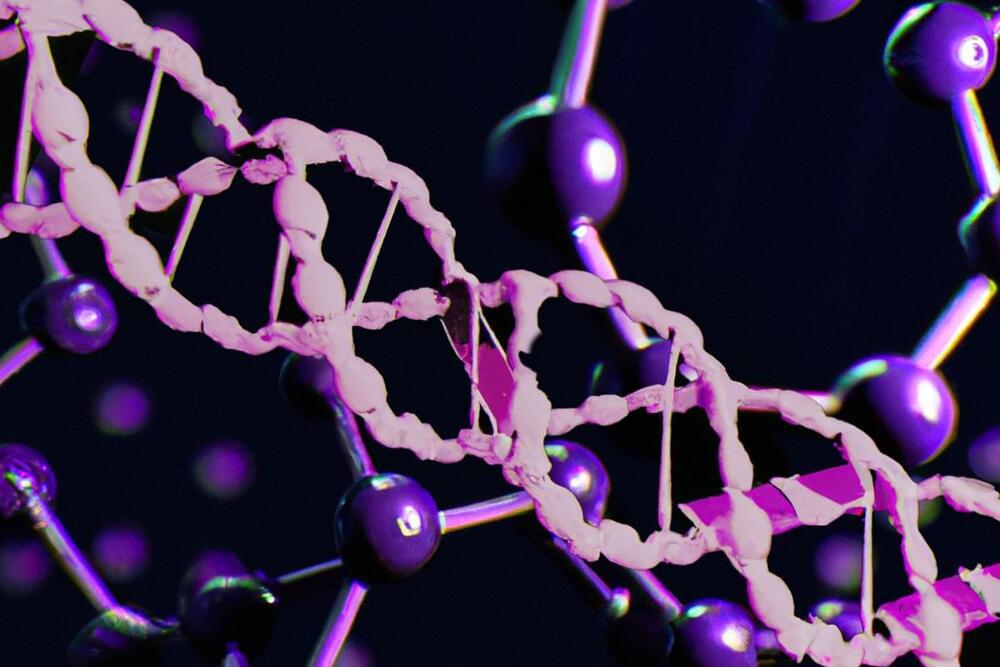
NewLimit, a company working towards the radical extension of human healthspan using epigenetic reprogramming has announced it has secured $40 million in Series A funding from prominent investors including Dimension, Founders Fund, and Kleiner Perkins.
This investment further bolsters the company’s belief that therapies to delay, halt or even reverse aging can be found through the exploration of epigenetic reprogramming. With a strong belief that their innovative approach can also address various age-related diseases, NewLimit aims to revolutionize the field of aging biology and pave the way for transformative advancements in healthcare.
Longevity. Technology: Epigenetic reprogramming is an emerging but exciting field of geroscience. It involves the identification of specific sets of transcription factors that can induce changes in gene expression and cellular behavior, effectively reversing or modifying the epigenetic markers associated with aging. This approach offers a unique opportunity to rejuvenate cells and tissues, potentially slowing down or even reversing the effects of aging and its related diseases. NewLimit says that while its products are designed to treat aging itself, the company also believes “these products could treat or prevent many diseases associated with aging, including fibrosis, infectious disease, and neurodegenerative disease.”
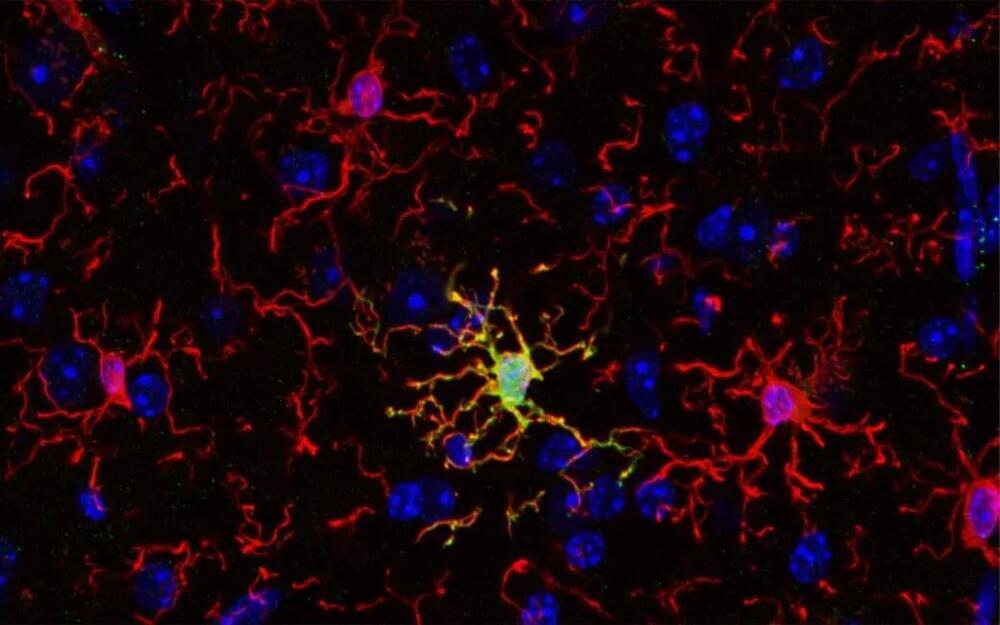
A recent study published in Nature Neuroscience indicates that, contrary to common belief, the immune cells of the brain, known as microglia, are not all the same. Researchers found that a unique microglial subset with unique features and function is important for establishing proper cognitive functions in mice. Evidence for such microglial subsets exists also for the human brain, opening exciting new possibilities for novel therapies.
An international collaboration led by researchers from University of Helsinki, Karolinska Institutet and University of Seville characterized ARG1+ microglia, a subset of microglial cells, that produces the enzyme called arginase-1 (ARG1). Using advanced imaging techniques, the team found that ARG1+ microglia are abundant during development and less prevalent in adult animals. Strikingly, these ARG1+ microglia are located in specific brain areas important for cognitive functions such as learning, thinking and memory.
“Cognition and memory are crucial components of what makes us human, and microglia are necessary for proper brain development and function. Cognitive decline is a common feature of neurodegenerative and psychiatric conditions like Alzheimer’s and Parkinson’s disease, schizophrenia and depression,” says Dr. Vassilis Stratoulias, senior researcher at the University of Helsinki and lead author of the study.
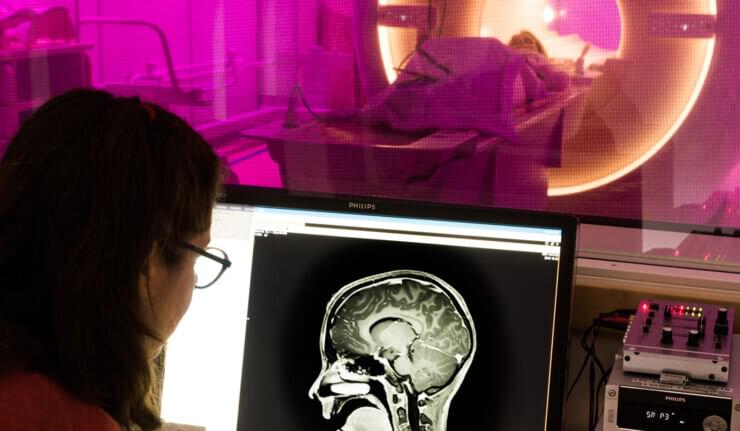
The touch of another person may increase levels of the “feel-good” hormone oxytocin. But the context really matters. The situation impacts oxytocin levels not only in the moment, but also later, as is shown by researchers at Linköping University and the University of Skövde in Sweden. Their study has been published in the journal eLife.
An embrace from a parent, a warm hand on your shoulder or a caress from a romantic partner are examples of how touch can strengthen social bonds between people and influence emotions. But although touch and the sense of touch have a very important function, knowledge of how this actually works is still lacking.
Studies in animals have shown that the hormone oxytocin is linked to touch and social bonding. However, many questions remain unanswered when it comes to oxytocin’s role in human social interactions and how this hormone can influence and be influenced by the brain. To study this more closely, researchers have examined what happens in the body when we feel a soft touch.
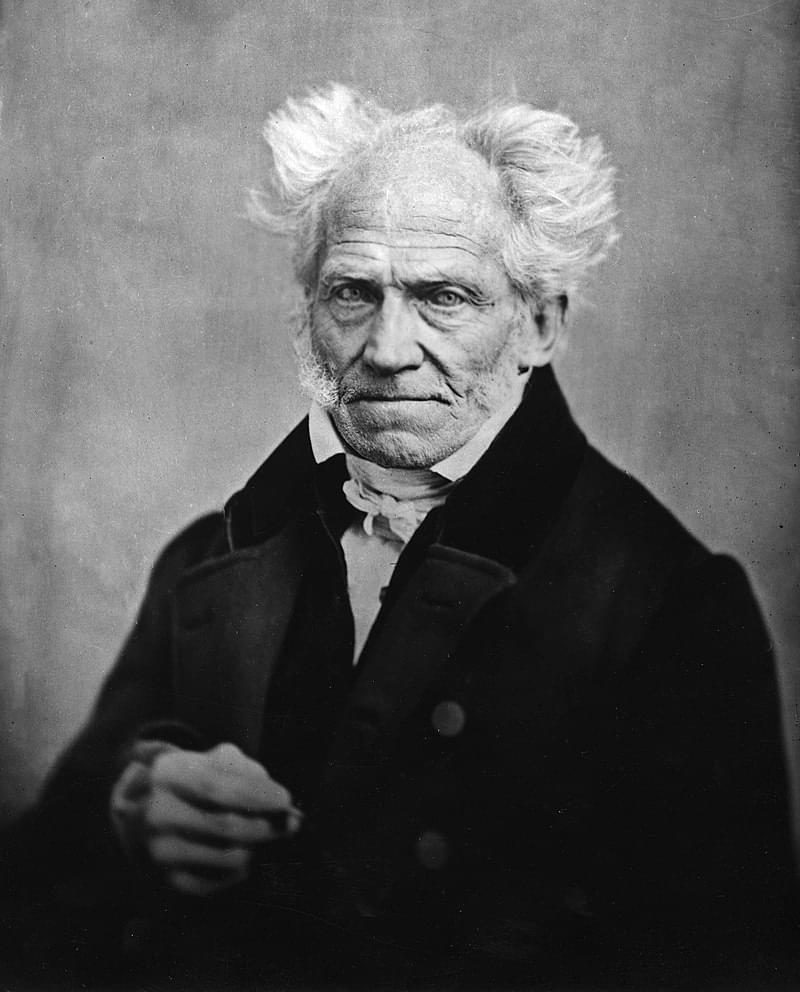
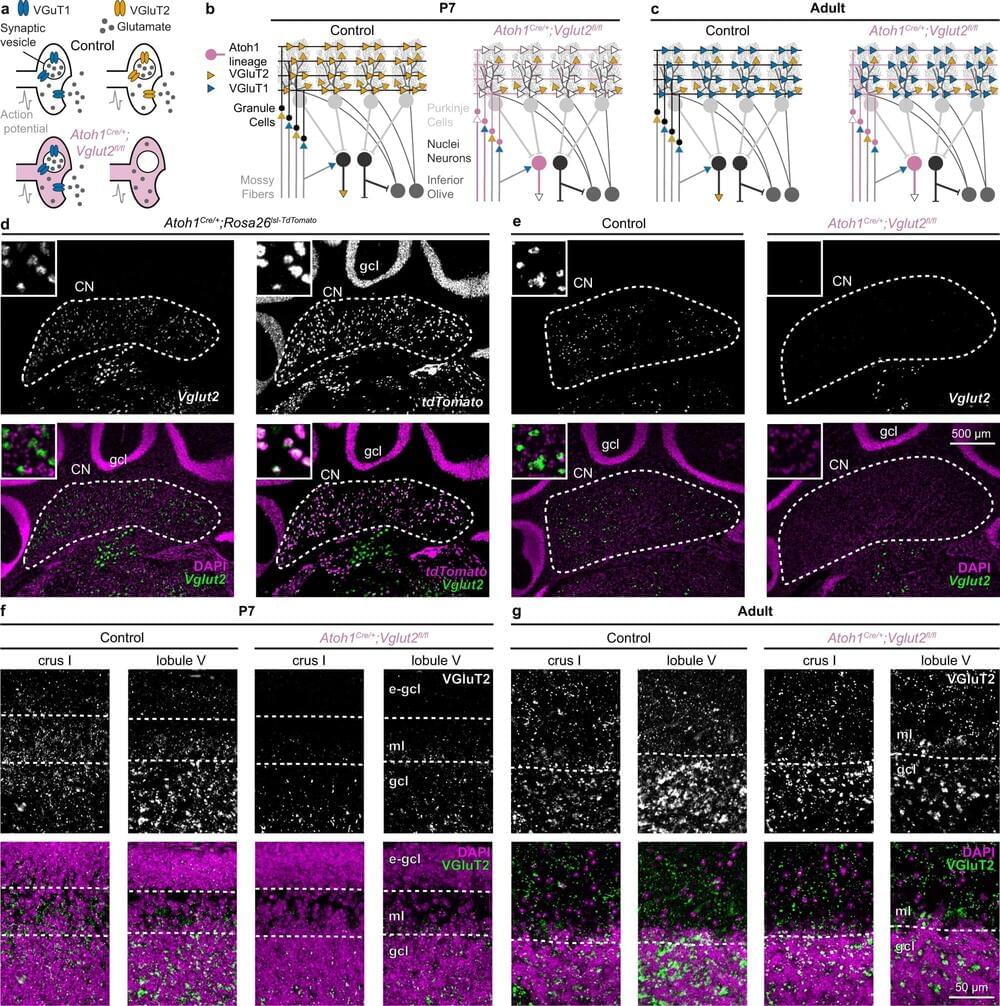
The cerebellum, a major part of the hindbrain in all vertebrates, is important for motor coordination, language acquisition, and regulating social and emotional behaviors. A study led by Dr. Roy Sillitoe, professor of Pathology and Neuroscience at Baylor College of Medicine and investigator at the Jan and Dan Duncan Neurological Research Institute (Duncan NRI) at Texas Children’s Hospital, shows two distinct types of cerebellar neurons differentially regulate motor and non-motor behaviors during development and in adulthood.
The study, published in Nature Communications, provides the first in vivo evidence supporting the critical role of a specific subset of excitatory glutamatergic neurons in acquiring motor and sensory/emotional behaviors. Further, it shows that neurons present in different regions of the cerebellum contribute differently to motor versus non-motor behaviors during development and in adulthood.
The cerebellar nuclei are present in the deepest layer of the cerebellum. These nuclei are encased by an outer highly convoluted sheet of tissue called the cerebellar cortex, which contains most of the other types of neurons in the cerebellum. The cerebellar cortex receives information from most parts of the body and other brain regions. These inputs are integrated by many types of cerebellar neurons and the deep-set cerebellar nuclei—the sole output structures in the cerebellum—then send those signals to the other parts of the brain.